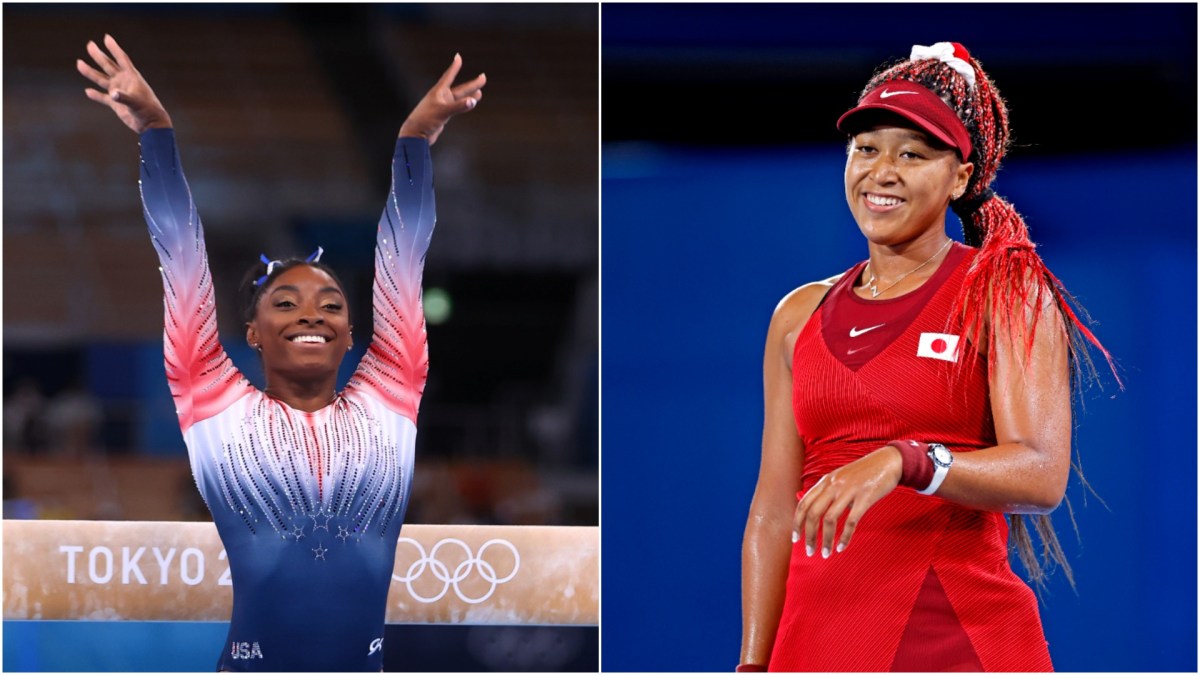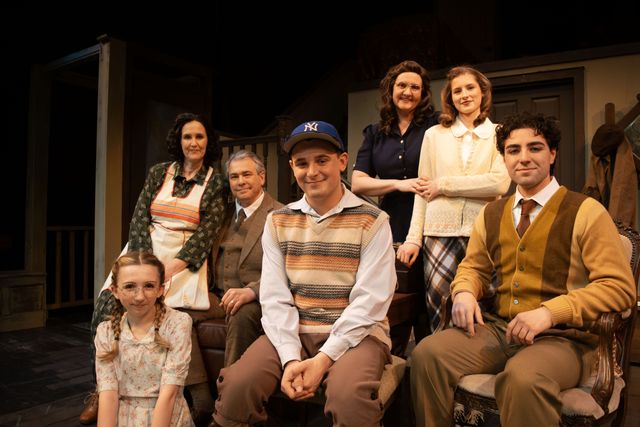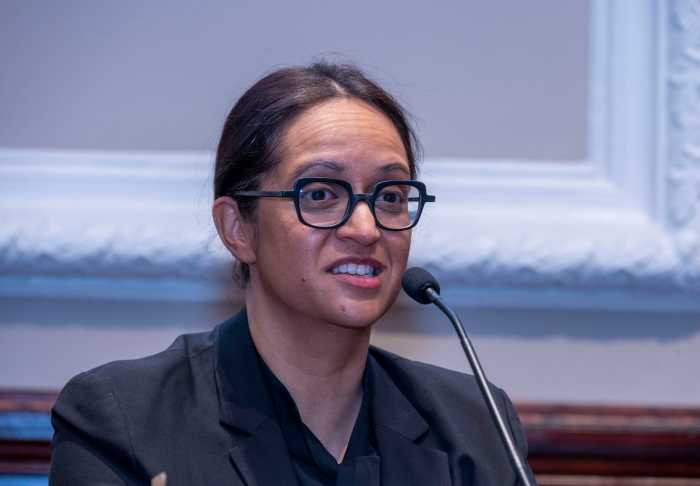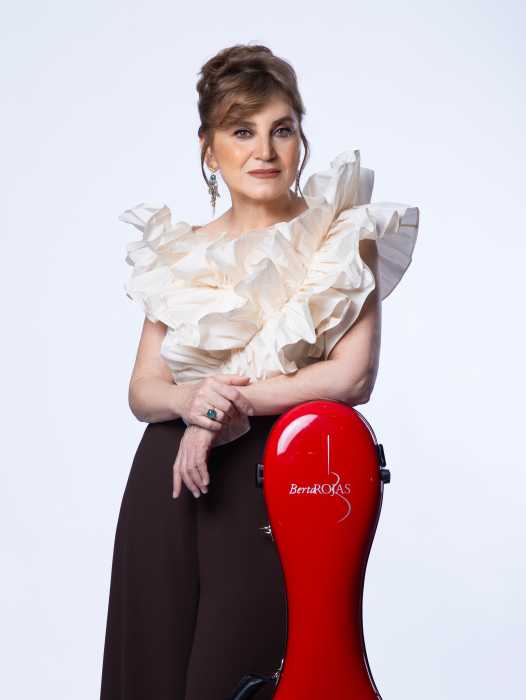By Bernadette Starzee
The recent withdrawals for mental health reasons by gymnastics great Simone Biles from the Tokyo Olympics and tennis star Naomi Osaka from Wimbledon, the oldest tennis tournament in the world, will go a long way toward reducing the stigma of mental health concerns among student-athletes, according to professionals at Long Island universities.
“What Biles and Osaka did was open up the opportunity to bring what is often a taboo topic to the fore, and, as a result, mental health, which is highly stigmatized in athletic communities, is becoming less so,” said Josh Altman, Ph.D., LCSW, associate director of the Student Counseling Center at Adelphi University in Garden City. “With Biles and Osaka putting their mental health first and foremost, it provided an opportunity for a conversation that sorely needed to take place.”
College athletes, like all people, may struggle with a range of mental health issues.
“The most common are in the areas of stress and anxiety, which can be quite debilitating, as we have seen as a string of athletes over the last few years have become more public with how their mental health struggles have impacted their performance and more importantly their overall health and well-being,” said Meredith A. Whitley, Ph.D., associate professor of Adelphi’s master’s-level Sport-Based Youth Development program and co-editor of the Journal of Sport for Development.
Playing on a public stage, student-athletes may feel uncertain about how their performance will be viewed and judged by others, Whitley said. Furthermore, their performance can impact their ability to retain their scholarship, which may add to their stress level.
College athletes have these unique stressors on top of the other stressors that their peers are dealing with, including being away from home for the first time (for students who live at college), navigating challenging academic schedules and expectations, trying to make friends, and handling romantic relationships.
“College athletes typically had a good amount of success at the high school level and it’s a different playing field when they get to college,” Whitley said. “They may not be performing the way they have in the past and they’re adjusting to a new coach, a new team, a new culture.”
College athletes were often taught from an early age that if they get injured, they need to push through the pain.
“When they start feeling depressed or anxious, they view it through the same lens: something that needs to be pushed through,” Altman said. “We are trying to retrain them [so] that if they step back and ask for help when they need it, this will often result in better performance.”
Colleges like Adelphi have robust mental health programs to support all students, including specialized programs for athletes.
“We do programming around performance anxiety and self-care,” Altman said. “We meet with individual teams and coaches to destigmatize asking for help.”
The university has 21 teams, including baseball, softball, and men’s and women’s soccer, that compete in the National Collegiate Athletic Association (NCAA) Division II.
Coaches and teammates are trained to check in on fellow teammates to see how they’re doing and on how to recognize warning signs, such as behavioral or mood changes, that could indicate a student-athlete is having a problem so they can begin a conversation.
“Covid-19 specifically has been very challenging for student-athletes,” Altman said. “Changes in the athletic schedule resulted in student-athletes feeling more isolated (they had less sense of community because of less training), more insecure about their body image (they weren’t training as frequently), and more depressed. The Student Counseling Center is responding by doing more trainings on athlete mental health.” This will include a new support group for athletes in the fall.
At Long Island University, the counseling team in the Center for Healthy Living provides outreach to the various sports teams. This starts with conversations in the summer.
“We make presentations to individual teams to let them know we’re here and how they can access our services,” said William E. Martinov Jr., Ph.D., director of athletics for Long Island University in Brookville. LIU’s 34 sports teams play in NCAA Division I and include men’s football, men’s and women’s ice hockey, women’s gymnastics, and women’s fencing.
“We use the term student-athlete, and there’s a reason why student goes before athlete,” he said. “There are three goals in the athletic program: to graduate our student-athletes is the first goal. Second is to help our young people grow and fully develop as people who will go on to do great things. The third is to win, but not at the expense of the other two. When a student-athlete is in need of assistance or support, communication is key, and counselors will work with the student and the coach, all at a high level of confidentiality, to serve the best interest of the student-athlete.”
Altman said he is hopeful that Biles’ and Osaka’s actions will lead to a “paradigmatic shift” in how athletes address their overall mental health and wellbeing.
“Biles and Osaka are true role models for understanding that self-care is of paramount importance and that mental health is inherently connected to top performance,” he said.
Sign up for Long Island Press’ email newsletters here. Sign up for home delivery of Long Island Press here. Sign up for discounts by becoming a Long Island Press community partner here.


































